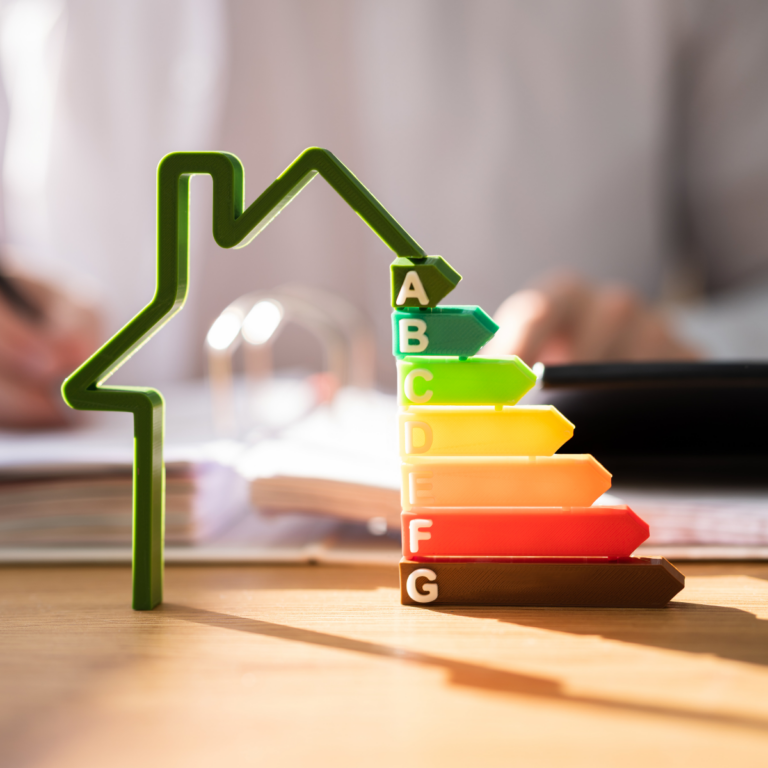The Building Energy Act (GEG) – also known as the Heating Act – sets requirements for the energy quality of buildings and contains specifications for heating with renewable energies.
The law initiates the switch to climate-friendly heating systems and paves the way for an end to dependence on fossil fuels.
Use of renewable energies
For new heating systems, this means that in future they will have to generate at least 65 percent of the heat provided using renewable energies. The 65 percent target can be met by using a heat pump or a solar thermal system, but also by installing a pellet heating system or connecting to a heating network. The obligation to use renewable energies initially only applies to new construction areas, and will only apply to other new buildings from 2026.
No obligation to replace heating
Contrary to what is often claimed, the law does not stipulate an obligation to replace functioning heating systems. If a heating system can no longer be repaired, longer transitional periods apply for the installation of a heating system, which must then meet the 65 percent requirement. For the transition, used fossil-fuel heating systems may also be installed.
Subsidies
The replacement of a heating system in existing buildings can be subsidized via the Federal Subsidy for Efficient Buildings (BEG). Despite the budget freeze, this funding has continued unchanged to date.
The amendments to the GEG are coordinated with two other laws that come into force on 01.01.2024: The Heat Planning Act (WPG) serves to promote the expansion of heating networks, while the Energy Efficiency Act (EnEfG) is intended to facilitate the use of industrial waste heat via such heating networks, among other things.
Conclusion
The GEG requires that new buildings are gradually only built with climate-friendly heating systems. Longer transition periods apply for the replacement of defective heating systems in existing buildings.
We will be happy to answer detailed questions on the GEG, the EnEfG and the WPG as well as on subsidies.


